Got a vegan faq? Some of the most common vegan FAQ are here on this page, and if you have one which isn’t listed, please hop on down to the bottom of the page and write in the the message box.
These FAQ cover a vegan or vegan WFPB lifestyle.
Even if it seems daunting to go vegan in the beginning, it soon becomes uplifting, and can be the most incredible feeling you’ve ever experienced.
Many vegans say it’s the best thing they’ve ever done. And I’m one of them!
Good luck with your adventure; it’s worth it, I promise.
Table of Contents
What’s the Definition of Vegan?
Vegan. What does it mean?
Well, in a simple sentence answer: vegan means living a compassionate life and trying not fo cause intentional harm to others, to the best of your ability.
And in a more waffly answer:
Vegans want to stop supporting the profit-seeking exploitation of animals in products, from food to dairy, leather, cosmetics etc.
Animals have an equal right to live on this earth as we humans do and that’s one of the fundamental driving force of veganism, although there are people who eat a vegan diet without necessarily following this philosophy. They may be vegan for their health, for the planet or for the animals.
A vegan who’s vegan for the animals doesn’t buy meat, fish, dairy, honey, eggs, any products which are processed using animal products, leather, suede or cosmetics and household products containing animal derived ingredients.
Someone who eats a vegan diet doesn’t eat meat, fish, dairy, honey, eggs or any products processed using animal products.
The definition of a vegan lifestyle according to the Vegan Society is:
“Veganism is a philosophy and way of living which seeks to exclude—as far as is possible and practicable—all forms of exploitation of, and cruelty to, animals for food, clothing or any other purpose; and by extension, promotes the development and use of animal-free alternatives for the benefit of animals, humans and the environment. In dietary terms it denotes the practice of dispensing with all products derived wholly or partly from animals.”
The Vegan Society
What Foods are Vegan?
There are different ways to eat a vegan diet – a standard diet that’s been made vegan or a vegan diet that relies on whole foods.
A standard vegan diet will include all vegetables, fruits, nuts, seeds, pulses, rice, beans, pasta, chickpeas, vegan bread, vegan chocolate, vegan ice-cream, vegan burgers and sausages, vegan mincemeat, vegan lasagne and more.
A whole foods plant-based vegan diet will include all vegetables, fruits, nuts, seeds, pulses, wholemeal rice, beans, wholegrain pasta, chickpeas and vegan bread. In the main, it will exclude vegan processed foods and rely on single ingredient foods.
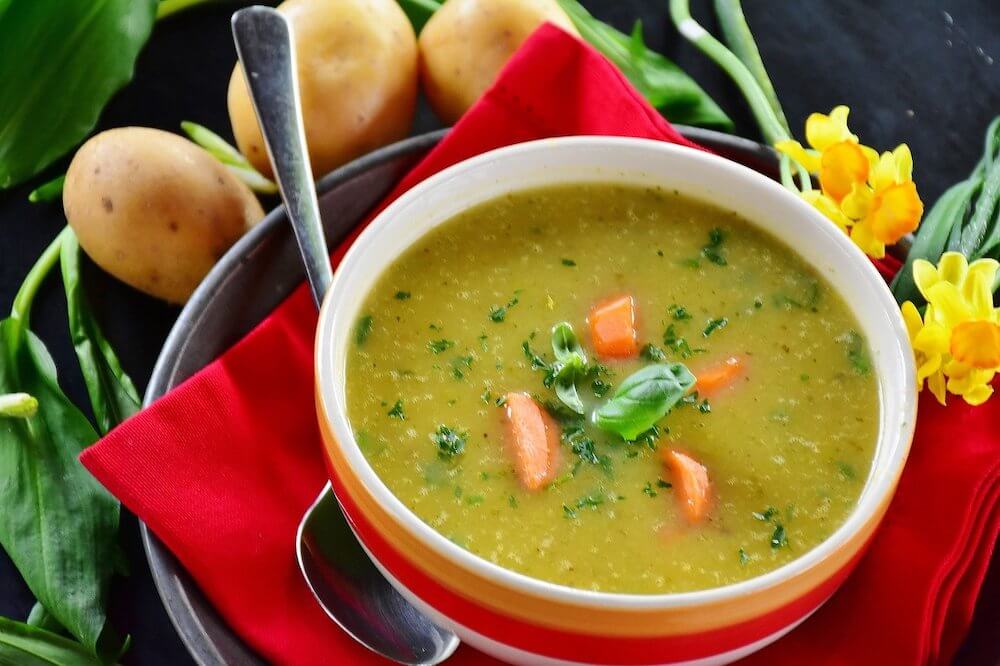
What’s Vegan vs Vegetarian?
A vegetarian is somebody who doesn’t eat meat or fish. They will eat eggs, honey and dairy. A vegetarian may or may not inspect the ingredient list to ensure there are no animal products used in the making of a product.
Vegetarians have made the decision not to eat meat. They do not investigate the leather industry or the more subtle areas of animal exploitation such as the bone char used in filtering refined sugar.
A vegan is a person who doesn’t eat meat, fish, eggs, dairy, honey or any other animal derived ingredient. They will exclude any product with an animal-derived ingredient or any product which is produced using animals.
A vegan will also exclude products which come from animals for their home, cleaning products, clothing and cosmetics.
What’s the Difference Between Vegan and Plant Based?
A vegan chooses to follow a vegan lifestyle for the animals, for the planet and for their health. They strive to stop supporting any form of animal exploitation and live in peace alongside the animals who share the planet with us.
Although there are people eating a vegan diet purely for health reasons for example, the true definition of vegan is a peaceful movement following an ethical lifestyle.
A vegan may eat unhealthy foods like chips, vegan burgers, pizza etc and still be vegan as long as they don’t include animal products.
The term whole foods plant-based refers to the way of eating predominantly whole foods to promote health and reverse disease. Among others, Dr T. Colin Campbell has dedicated his life to studying the link between diet and disease, especially cancer. A whole foods plant-based diet has been proved to help reverse and prevent chronic diseases such as obesity, diabetes, high cholesterol and heart disease.
A whole foods plant based diet relies on eating only health-giving primary foods without ingredient lists and removes refined oil from the diet. You can be a whole foods plant-based vegan, but you don’t have to be vegan to be whole-foods plant based.
Do you Lose Weight Eating a Vegan Diet?
Yes, you can. If you eat a whole foods plant based vegan diet and keep up a healthy exercise routine (or an active lifestyle), your body will burn the excess kilos and you will lose weight.
The benefits of losing weight in this way are many: you won’t have to count calories as long as you’re sticking to whole foods. The whole foods plant based approach to eating cuts out refined sugars and additional oils, automatically reducing the calorie intake of the average person.
A whole foods plant based diet is healthier than a standard diet revolving around processed foods, refined sugar and process oils, so you’ll be doing yourself a favour in terms of avoiding or reversing chronic disease in the body. It may also be beneficial to increasing longevity.
However, a vegan diet can also be based around high calorie processed foods. So being vegan doesn’t automatically equate to being healthy or to losing weight – unless the person chooses for a whole foods style of living.
Are Vegans Actually Healthier?
Vegans are only healthier if they choose to eat a whole foods plant based diet. In that case, this study in the American Journal of Lifestyle Medicine (among others) shows that a whole foods plant based diet, coupled with moderate exercise, is the fastest and most effective path to natural weight loss as well as reversing heart disease, type 2 diabetes and hypertension.
But just by being vegan doesn’t mean that you will be healthier. It’s important to follow a balanced whole foods plant-based diet to get the maximum benefits out of being vegan.
Vegans can also live an unhealthy lifestyle either by not understanding the basic nutritional requirements of the diet or by relying on processed food, fried foods and refined sugars.
It’s useful to think in terms of food groups when cooking without recipes (or adapting recipes) to create a completely balanced whole foods meal.
Do Vegans Live Longer?
Some scientific studies state that a vegan lifestyle brings with it longer longevity but according to this article in Healthline there are also non conclusive studies and as yet there isn’t enough definitive evidence to clearly prove whether a vegan lifestyle extends longevity.
The very nature of longevity makes it difficult to be a subject of scientifically controlled experiments due to the longevity of the experiment itself and all the millions of additional factors involved.
For me, the logical conclusion is that the healthier we live, the more chance of a long life we will have. And that logic is kinda non-disputable!
Take a look at this interview with Dr. Ellsworth Wareham at 98 years old.
A whole foods plant-based vegan diet can lead to a longer lifespan, as supported by anecdotal evidence and the fact that it reverses and prevents chronic disease. A whole foods plant-based vegan diet reverses obesity, type 2 diabetes, chronic heart disease, hypertension and high cholesterol.
However, there are also unhealthy vegans in the world who will not enjoy a longer lifespan. Eating predominately processed foods and refined sugars, and not understanding the basic requirements of a healthy diet can be some of the causes for an unhealthy vegan diet.
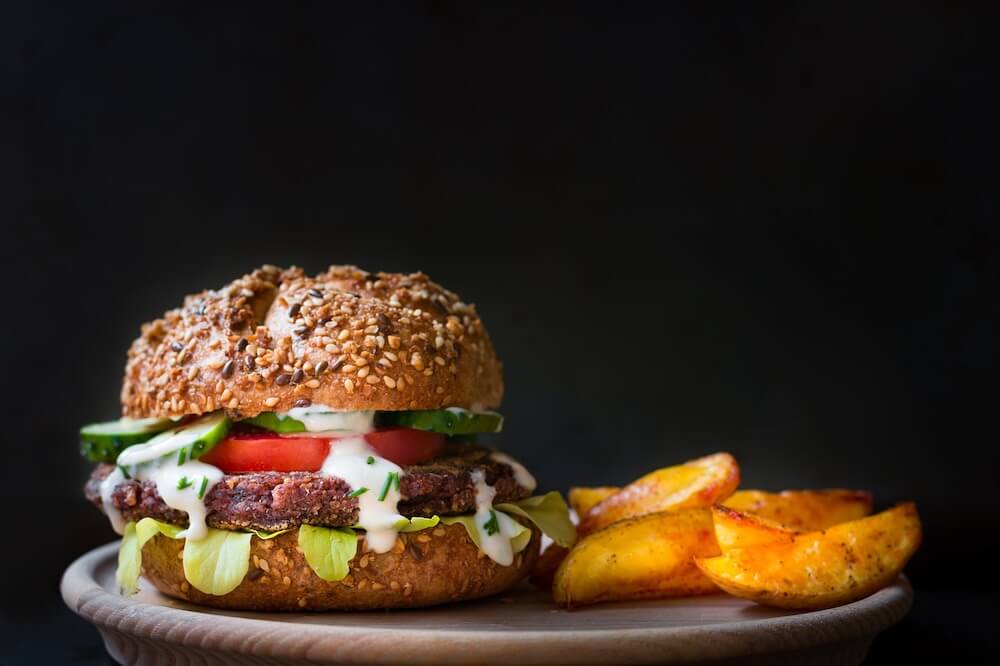
Can Vegans Eat Eggs?
Eggs aren’t vegan. If you’re wondering whether a vegan will eat an egg when it’s free-ranged, although the answer will vary from person to person, the most common vegan answer is NO.
Chicken are bred to produce far more eggs than they would naturally lay. Even the happy free range chicken are a by-product of a chicken industry which is rife with cruelty and unethical treatment of the birds.
When the chicks hatch, they are passed along a conveyer belt just like products rather than living beings, and the males are separated from the females. The males are then sent to their death by gassing or they are sent into a machine with blades where they are ground up alive.
An unsuspecting person comes along and buys some female chicks and gives them a happy life in the garden, but they are unwittingly supporting the killing of the day old male chicks and the egg industry as a whole.
Some vegans will eat the eggs of rescued free range chickens, and it is a very personal choice. There is nobody who can tell you what you should or shouldn’t do – but in general, an egg isn’t a vegan food.
Do Vegans Eat Cheese?
Cheese isn’t vegan as it is made from cow’s milk.
There are plenty of vegan alternatives, though some people ask why vegan cheese is so bad. This is normally because they’re expecting the same flavour as cow’s cheese.
Homemade vegan cheese can be absolutely delicious, but it is very different from dairy cheese.
Vegans can eat mainstream vegan cheese bought from the supermarket or they can buy a more artisan cheese from one of the many small ethical vegan cheese companies. Or they can make vegan cheese at home.
Vegan cheese doesn’t have the same taste or texture as cow’s milk cheese but after a while, the switch can become easy as you develop a taste for the vegan cheeses and grow away from your craving after cow’s cheese.
Can Vegans Eat Pizza?
You can buy vegan pizzas fairly easily these days or make your own homemade cheat-style pizza.
Shop ones are made with a vegan base and vegan cheese but it isn’t so easy to find a gluten free AND vegan pizza.
Alternatively, you can make your own base by making a lentil flatbread thick enough for a pizza and then topping it with the toppings of your choice.
Can a Vegan Eat Fish?
Fish is an animal and therefore vegans do not eat fish in any way, shape or form except for vegan, imitation plant-based ‘fish’ alternatives.
Can a Vegan Drink Milk?
A vegan doesn’t drink cow’s milk because the milk is produced by the mother cow to feed the calf, not to feed humans.
But there is no shortage of plant based milk available to vegans though. The main ones are: almond milk, soy milk, rice milk, coconut milk and oat milk.
Soy milk has a slightly higher protein content than the rest and coconut milk a higher fat content. All of them are available sweetened or unsweetened so be sure to buy unsweetened plant milk for the best health response and also for cooking.
Do Vegans Eat Sugar?
Sugar in itself is vegan but unfortunately the processing of sugar can make use of bone char for filtering the sugar and giving it its white colour. That means that some isn’t sugar suitable for vegans.
To avoid that possibility, vegans can opt for raw sugar or organic sugar, both of which skip the bone char treatment.

Can Vegans Eat Chocolate?
Vegans can eat some chocolate yes! But not all chocolate is created the same and you’ll need to become super honed in on ingredients lists when first going vegan.
Vegans can choose between buying a vegan certified chocolate or a dark, pure chocolate above 70% cocoa solids. Even then, check the ingredients before buying.
Less pure chocolate normally contains milk, milk solids and milk fat. Even chocolate which isn’t described as ‘milk’ chocolate can contain dairy.
The other trap to watch out for is things like caramel or toffee in the chocolate, which isn’t normally vegan unless specified vegan.
Dark chocolate above 80% cacao is usually safe for vegans, though there is always the risk that they used sugar which isn’t vegan and you can’t tell whether the sugar in the chocolate has been filtered with bone char or not.
Whether or not a vegan is prepared to eat dark chocolate which contains sugar and isn’t declared vegan is a matter of personal choice and will vary from person to person.
If you have a favourite dark chocolate which looks vegan, you can always contact the company to ask whether the sugar in the chocolate is filtered with bone char or not.
Is Alcohol Vegan?
There’s plenty of alcohol available for vegans, but not all alcohol is vegan. For example, wine is filtered through finings which may be animal derived.
According to this article in Peta, wine finings can include blood and bone marrow, casein (a protein found in milk), chitin (from crustacean shells), egg albumen (found in egg whites), fish oil, gelatine, and isinglass (from fish swim bladder membranes).
But you can find wine which is labelled vegan nowadays.
According to wikipedia, beer uses similar finings, the most common one being isinglass which is produced from the swim bladders of fish, although gelatine may also be used.
Other non-vegan ingredients in beer can include honey and lactose.
You may have to contact the individual beer company to find out just how vegan your favourite beer is.
Apart from wine and beer, there are plenty of other alcoholic drinks to investigate. Any creamy drinks will be non-vegan, such as Bailey Original for example.
The best method is to do a specific search for the drinks which you want to include in your lifestyle and to check whether they’re vegan friendly with the manufacturers.
Or, if you choose to change your relationship with alcohol, that’s fine too. Every vegan has their own way to navigate the drinks, whether it be to abstain, to source only vegan or to accept that they don’t know how their drink was made.
Can Vegans Eat French Fries?
When eating out in a restaurant, it’s best to ask whether the fries have their own fryer or not. Otherwise you might find they’ve been fried with meaty croquettes and other such meaty foods.
You’ll also need to check what type of fat is used in the fryer to rule out any kind of animal fat.
When eating at home, home-cut potatoes fried in oil are vegan so go ahead and enjoy them if they are part of your diet. Remember that fried foods are not part of a whole foods plant based diet even though they’re vegan.
If you normally buy frozen chips, be sure to check the ingredients.
The healthiest way to enjoy chips is to cut your own potatoes and cook them in the air fryer without oil (or the oven) instead of frying them.
Do Vegans Eat Honey?
No, vegans don’t eat honey. Bees spend their whole lifetime making honey to feed the bees. It takes 12 worker bees a whole lifetime to produce 1 teaspoon of honey.
To make a jar of honey, it will take 1152 bees their whole lifetime.
When bees are farmed there are many practises which are not considered ethical, such as clipping the queen bee’s wings or killing the hive over winter as it’s cheaper than feeding the bees.
Bees are sometimes ‘milked’ of their seamen and crushed in the process. The seamen is then artificially inseminated into the queen bee. It takes the death of about 12 bees to complete the process.
Vegans don’t believe that we humans have the right to steal the honey from the bees after all their hard work to make it. And we don’t believe that the bees should be made to suffer just so that humans can eat honey on our toast.
Doesn’t the honey industry keep the bee numbers up in the world? Actually the honey bee isn’t endangered. There are about 20,000 species of bees in the world and the honey bee is just one of them. While there are 8 species on the danger list, the honey bee and the remaining bees aren’t among them.
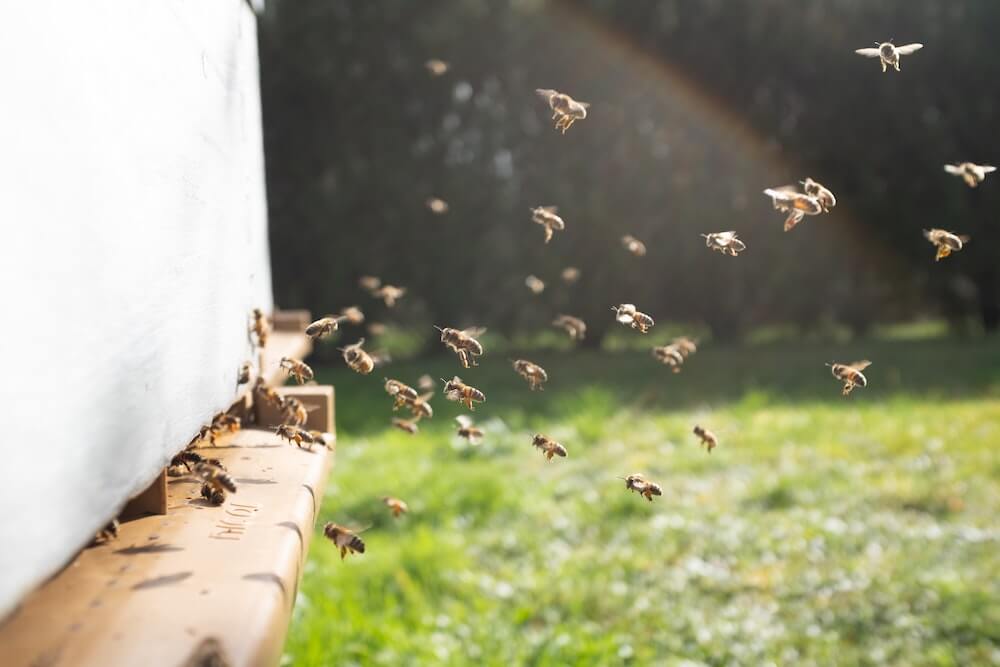
Can Vegans Have Jelly?
Mainstream jelly isn’t vegan. It gets its texture and chewiness from gelatine, which is made by boiling skin, tendons, ligaments and/or bones together. It usually comes from pig or cow carcasses.
You can buy vegan jelly which uses agar agar to thicken it and is less chewy in texture but the only way to eat jelly as a vegan is to choose jelly specifically made for vegans.
Always check the label to any jelly-type product before assuming it to be vegan.
As with jelly, jelly sweets are also made from gelatine unless specified otherwise.
Is Ketchup Vegan?
Ketchup can be vegan but not always, and the reason for this lies in the sugar or sweetener used.
Some ketchups use honey as a sweetener, making them non-vegan while others use refined sugar that’s been filtered over bone char, meaning that it’s also unsuitable for vegans.
Bone char is made from burning the bones of cows (or pigs) at a very high temperature until they’re reduced to a blackened charred substance.
This substance is then used for whitening the sugar and removing impurities to make it more attractive to the consumer.
The good news, if you’re a fan of ketchup, is that the king of all ketchups, Heinz ketchup, is 100% vegan.
While other ketchup brands may have sugar which was processed using bone char in the filtration process, you can rest assured that Heinz doesn’t use bone char filtered sugar.
If in doubt, you can always contact the company to ask whether the sugar used in their products is vegan.
Don’t forget that if you’re following a whole foods plant based diet, ketchup isn’t a whole foods and is high in sugar, so to keep to the WFPB diet, you could experiment and make your own version rather than buying a commercial processed food.
Also don’t forget, when you first go vegan there’s a lot to take in. Start with the big things and don’t beat yourself up over the more complicated foodstuffs. With time, it all falls into place and becomes easy. But it takes time.
Give yourself whatever time you need to go vegan and you will be glad you did it!
Is Olive Oil Vegan?
Olive oil’s made just from the olives and contains no added or animal-derived ingredients. It is therefore a completely vegan food.
Extra virgin olive oil is the first pressed oil which is the least processed option and if you buy organic, there are additionally no added chemicals in the production.
Olive oil is rich in antioxidants and high in monounsaturated fats both of which are considered healthy ingredients. It is considered the most healthy oil of choice if you include oil in your diet.
Olive oil is eliminated from a whole foods plant based (WFPB) vegan diet. The whole foods way to eat this would be to eat the olives in their complete form, not extracting the oil to eat separately as a condensed single ingredient.
After extracting the oil from the olive, you are left with a calorific, high fat, low nutrient food.
For that reason people on a WFPB vegan diet strive to eliminate (or vastly reduce) refined oils in the diet, including olive oil.
Can Vegans Eat Pesto?
Pesto isn’t vegan.
Pesto contains cheese. The standard ingredients (in a shop-bought pesto) are basil, pine kernels, cashews, olive oil, sunflower oil, potato starch and parmesan cheese or another type of cheese.
When eating out, pesto pasta isn’t an option as it’s almost guaranteed to have cheese in it.
However, you can buy vegan pesto which is equally tasty as the cheesy version. From a convenience point of view, it isn’t as easy to find and certainly isn’t sold in every supermarket like the cheesy version is.
But by far the best option for you if you’re vegan is to make your own pesto.
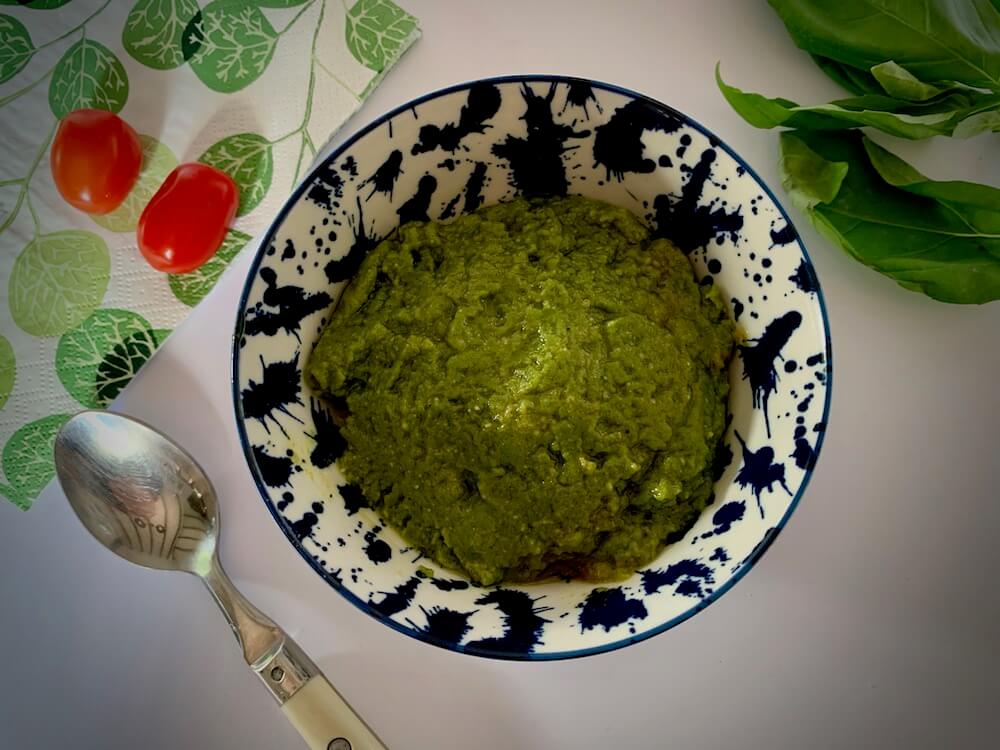
It’s so much tastier, healthier and really easy to make.
When making the pesto, the exact recipe will depend on whether you’re eating a whole foods plant based (WFPB) vegan diet or not. My favourite pesto is made without oil.
Blend together the fresh basil, a small clove of garlic (optional), some cashew nuts (pre-soaked if possible), pine kernels and water. Season with salt and pepper and add a touch of ketcap manis.
Save some whole pine kernels for adding back into the finished pesto for a lovely finishing touch and additional nutty flavour.
Homemade pesto will keep well in a tightly closed jam jar in the fridge for a couple of weeks no problem. Use it on toast, on pasta, as a side to your veggies or piled high on top of a buddha bowl.
Can Vegans Drink Coffee?
Coffee itself doesn’t contain any animal products or by-products, so vegans can enjoy a nice cup of black coffee (or use plant milk to whiten it).
Most vegans will prefer to buy ethically produced coffee because although coffee in itself doesn’t contain animal derived-ingredients, it can be produced in unethical ways which could go against vegan morals.
According to this article in Bibium, some of the coffee plantations, where the coffee is grown in the open sunshine as opposed to under shade, lead to unsustainable deforestation of the rainforest along with land erosion, both of which have led to a loss of biodiversity and a 20% decline in the population of migratory birds.
To enjoy a vegan white coffee, simply switch out the dairy milk for a plant milk and you can enjoy a vegan cappuccino or vegan latte. Among others, the most popular plant milks to add to coffee are soy, almond, oat and rice.
Is Coke Vegan?
The Coca-Cola company states that Coke is free from animal derived ingredients and is suitable for vegans.
It doesn’t state however, whether the sugar used in the production of Coca Cola is of the non bone-char variety or not, information which is also country specific, as in the UK sugar tends not to be filtered with bone char whereas in the US it’s the standard method.
Some of the other regular soft drinks made by the Coca Cola company are not vegan due to containing fish gelatine. These include Schweppes Indian Tonic water, Lilt, Lilt zero and orange squash.
Whether you consider Coke as part of your diet will also depend on your other reasons for being vegan, other as in, apart from for the animals. If one of those other reasons includes improved health or weight loss then Coke wouldn’t form a healthy part of your diet.
It certainly wouldn’t be included in a vegan whole foods plant based diet.
The list of drinks which are not vegan, as listed by the Coca Cola company are as follows:
- Lilt
- Lilt Zero
- Kia-Ora Orange Squash No Added Sugar
- Schweppes Indian Tonic Water
- Schweppes Orange Squash
- Honest (Lemon and Honey)
- Glaceau Vitaminwater Zero Sunshine and Multi V
- Costa Coffee Ready-to-Drink Caramel Latte
- Costa Coffee Ready-to-Drink Latte
- Costa Coffee Ready-to-Drink Americano
What is Not Vegan in Bread?
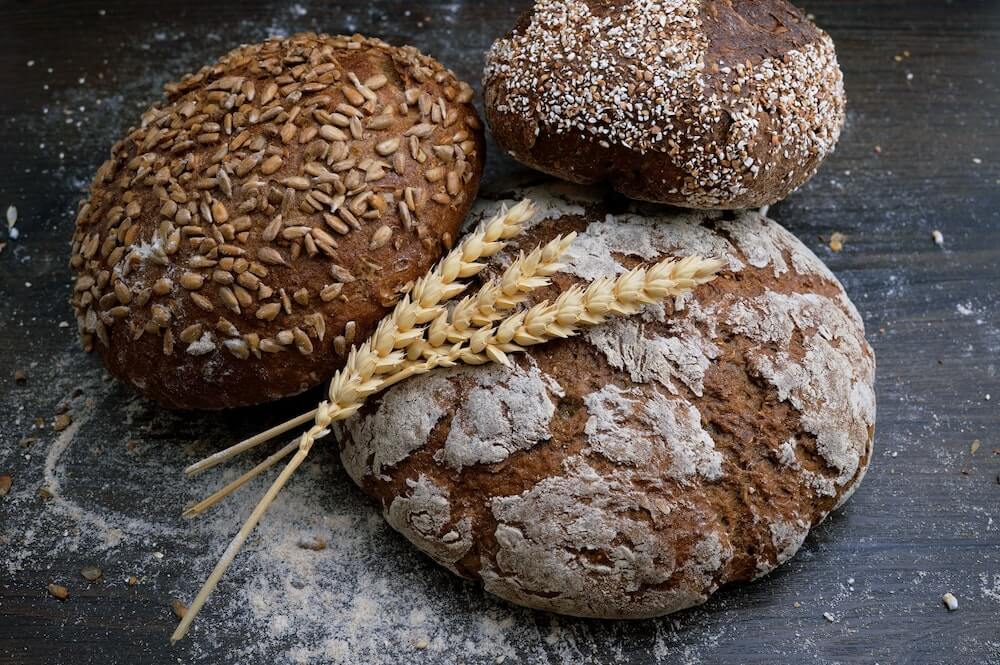
Some bread may contain non-vegan ingredients. Apart from the more recognisable non-vegan ingredients, there are others which are less easy to identify as vegan or not.
Bread may contain monoglycerides and diglycerides or E-471. Mono- and Diglycerides are emulsifiers commonly used in bread-making and can be of animal origin or soy origin, which is where the problem arises. There is no differentiation in the ingredients list which type has been used.
Another ingredient which can be of soy origin or animal origin is lecithin, with the E-number E322. It’s also impossible to tell just by reading the ingredients which type it is. So to be safe, you may want to avoid E-471 and E33.
- milk
- butter
- buttermilk
- egg
- whey
- casein
- honey
- royal jelly
- gelatine
- monoglycerides and diglycerides E471
- lecithin E33
One solution is to make your own homemade bread. Lentil flatbread is one type of bread that’s extremely easy to make at home.
What does a WFPB Vegan Eat in a Day?
A wfpb vegan diet revolves around whole foods and minimises or excludes processed foods.
So the foods which a vegan eats in a day will be: whole grain rice, pasta, quinoa, buckwheat, chickpeas, lentils, beans, nuts, seeds and all types of vegetables.
As well as that, there are extra ingredients which go well in a vegan diet such as plant milk, tofu, tempeh, nutritional yeast and tahini.
Example breakfast: avocado on wholemeal toast, tofu scramble, chia seed pudding, fruit salad or overnight oats.
Example lunch: rice with vegetables and chickpeas, lentil soup, tofu stir-fry, pasta with tomato sauce and red beans, buddha bowl, king salad. There are many more options just by mixing rice or quinoa with beans/chickpeas/lentils/tofu and plenty of veggies.
Example dinner: vegan lasagne, vegan casserole, roasted sweet potato and carrot soup, sweet potato curry and rice, or any concoction without a name, made without following a recipe.
To go with any of these foods, cashew sauce, spicy peanut sauce or cilantro sauce.
What are Some Disadvantages of Being Vegan?
Not really disadvantages, but possible drawbacks of begin vegan are:
- You’re no longer conforming to the standard norm of society and you may need to stand strong against criticism from friends and family who think you should eat meat.
- It’s painful to recognise the suffering taking place behind the closed doors of the food industry and to witness not only that you used to support it, but also that most people still don’t care enough to make the change.
- Eating out in restaurants is no longer a simple thing.
- Family gatherings may or may not present a challenge, depending on your family’s point of view toward veganism.
- You’ll need to understand basic nutrition in order to make sure you can get a balanced vegan diet.
- You should take vitamin B12 and a vegan form of omega 3 daily.
Why do Vegans Fart So Much?
When you first become vegan, you may experience a build up of gas and bloating.
This may be because you don’t have sufficient healthy gut bacteria needed to break down the fibre, resulting in higher gas production.
As you eat more vegan whole foods, so the healthy gut bacteria proliferate and you’ll find the problem disappearing naturally after a few weeks (or months) of going vegan.
To help avoid this issue, you can introduce the fibre gradually and transition slowly from your previous diet to the new vegan or whole foods plant based vegan diet, to avoid suffering from excess flatulence and bloating in the transition period.
Some people take vegan probiotics and prebiotics to speed up the production of beneficial gut flora. Eating fermented foods is another way to boost the healthy gut bacteria.
Whatever approach you choose, the excess farting should go away on its own once you’ve adapted to the higher fibre content in your food.
But there are some other conditions which can lead to excess gas and bloating, including food intolerances such as gluten intolerance or sensitivity to FODMAPs, so be sure to investigate those possibilities if the gas production continues after a few months of being vegan.
What Happens to Your Body When You First Go Vegan?
Going vegan and eating a vegan whole foods diet has many effects on the body. (We aren’t talking about going vegan and living off vegan processed foods.)
You might ask: Do you feel better after switching to a vegan diet? And the answer is both yes, and no. Initially you may experience some bloating, stomach pain or build up of gas in your digestive system.
This is because a whole foods vegan diet is high fibre, which is actually an essential component of a healthy diet but can take time to get used to.
The problem arises when you switch from a low fibre to a high fibre diet suddenly, because you won’t have the necessary, healthy gut flora to break down the fibre. This can lead to experiencing stomach ache on a vegan diet, but this is only a transitionary period, and can be avoided by making the switch slowly.
Fibre reaches the colon undigested and once there, it provides food for millions of healthy bacteria that reside in your gut.
A diet of high fibre will feed these bacteria and cause them to multiply, whereas a low fibre diet will starve them and eventually they will die off completely, only to be replaced by the (sometimes bad) bacteria necessary for your diet.
One of the first beneficial things to happen when you first become vegan is that the inflammatory bacteria begin to be replaced by the necessary healthy bacteria and this in turn leads to a wide range of far-reaching health benefits.
As your body settles in to a whole foods vegan diet, many positive consequences can occur:
- You may lose weight.
- You may drop body fat mass.
- Your blood sugar levels will stabilise.
- Your heart becomes healthier, reducing the risk of heart disease.
- Your LDL (bad) cholesterol levels drop.
- Reversal and/or prevention of type 2 diabetes.
- An overall sense of wellbeing and increased health.
If you don’t feel better after adopting a whole foods plant based diet, consider whether you’re eating a balanced diet or whether there might be something lacking from your food.
Are Tattoos Vegan?
According to the Vegan Society the ink used in tattooing will often contain gelatine as a binding agent, or shellac, which comes from the lac bug.
Some black inks contain bone char and additionally, glycerin may be used, which can be vegan sourced or non-vegan sourced.
Additionally, before having the tattoo done, the tattoo artist may have to shave your skin and for this he or she will usually use a disposable razor with a moisturising strip.
It comes as a surprise for many people to learn that the moisturising strip on disposable razors can be made from glycerine from beef fat.

As well as the ink, the actual transfer paper may contain lanolin, and the creams and lotions for treating your skin after that tattoo could contain lanolin, beeswax, cod liver oil or shark’s liver oil.
There are vegan tattoo inks available however, so you can always phone in advance to ask the tattooist whether they can do you a vegan tattoo – and if they can’t, then you can source a 100% vegan tattoo artist who will be able to do your tattoos without using non-vegan products.
Can Going Vegan Cause Hair Loss?
There are many causes for hair-loss, one of which is nutritional in nature.
However, it isn’t the fact that a person is vegan that creates the issue so much as that they’re suffering from nutritional deficiencies or toxicities.
So technically, the answer to the question is no, because a diet which isn’t correctly balanced may result in hair loss regardless of whether it includes meat or not.
According to WebMd, 3 of the top contributing factors for nutritionally-caused hair-loss are vitamin A toxicity (too much vitamin A), selenium toxicity (too much selenium) and crash dieting.
The other way that diet can affect hair growth is via micronutrient deficiencies.
Iron deficiency has been linked to a type of hair loss called Telogen Effluvium (TE) while people suffering with hair loss have also been shown to have low levels of vitamin D and zinc according to this article on Healthline.
The list of micronutrients involved doesn’t end there though. Copper, biotin, riboflavin, vitamin B12 and folate have all been linked to hair health too.
Furthermore, hair loss can also occur when experiencing calorie restriction or protein deficiency in the diet.
The hair is also affected by many other factors apart from diet and nutrition, so it isn’t a simple case of taking a vitamin pill.
In fact, some of the micronutrients can be damaging to your health when taken in excess, so before you rush out and buy extra vitamins to make your hair grow, it’s best to get tested and only treat what you’re actually deficient in.
Why Does My Stomach Hurt on a Vegan Diet?
The most common reason that your stomach hurts on a vegan diet is that you haven’t yet got the necessary gut flora and variation of microbes to break down the fibre in a vegan diet.
When you eat certain foods, the corresponding bacteria thrive in your gut while other bacteria die off.
The bacteria which feed off of fibre are healthy and desirable bacteria that are health-promoting for you as the host.
But they can’t survive off a diet which doesn’t contain fibre (or not a lot of fibre) and as a consequence a low fibre diet leads to a microbiome that’s lacking in diversity.
This can lead to a build up of gas and discomfort when you first make the switch.
To ease this situation, introduce the new foods gradually to allow your microbiome to grow and diversify the bacteria and the pain should go away after a few weeks.
According to this article in Medical News Today, after 2 weeks on a higher fibre diet the healthy bacteria in the gut will increase by 8%.
There are, of course other causes of stomach pain, such as food intolerance to gluten or sensitivity to FODMAPs to consider. If you suspect gluten intolerance take a look at this guide to becoming gluten free and consider doing an elimination diet.
Always consult your health provider or doctor if you’re worried about your stomach pain, to rule out more serious issues or chronic disease.
You may like to read our more in depth article about why your stomach hurts on a vegan diet.
Would Vegans Eat Lab-Grown Meat?
Lab-grown meat, contrary to some of the things you may have previously thought, is not vegan and isn’t grown exclusively in the lab. The original cells used to grow the meat come from a live animal.
The meat is grown in labs from a small amount of animal cells which are taken by biopsy. Therefore, although less animals would be farmed for the same amount of meat, lab-grown meat would still require living beings to be farmed as ‘donators’.
These animals would be subjected to repeated wounding for removing the cells. Furthermore, the cells multiply fastest when taken from young animals so it is suspected that for reasons of maximum efficiency, after being forced to be a ‘donator’ for a few years, the animal would be sold back into the traditional meat market and slaughtered.
Lab grown meat is 100% not vegan. For more info, read the article which answers the question would vegans would eat lab grown meat in more depth.
Do I have to Eat Tofu to Be Vegan?
Tofu is a great source of plant protein which plays a key role in many vegan people’s diets. However, you can absolutely eat a vegan diet and not include tofu and there are plenty of other vegan foods to choose from.
If you really don’t like tofu, you can source your protein from beans, chickpeas, lentils, nuts, seeds, tempeh and more.
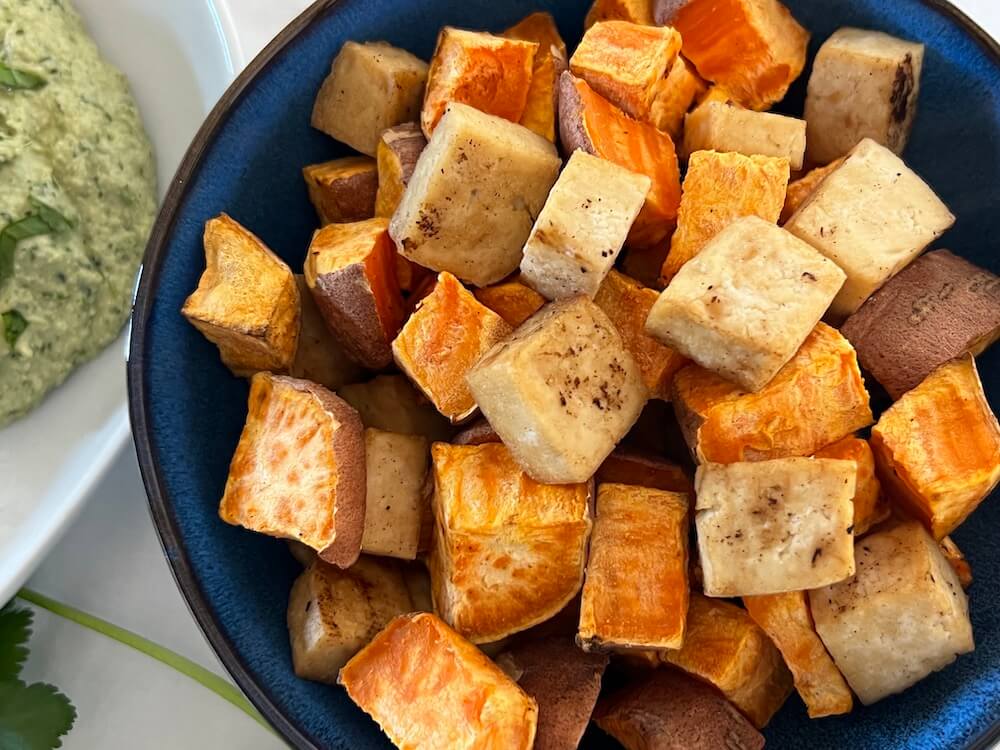
Some people believe that tofu interferes with oestrogen and could be unhealthy and even linked to higher cases of cancer in certain cases, but the claims were made based on studies done in animals and human studies have failed to back up the claims.
Furthermore, tofu’s been part of a staple diet eaten for 2000 years by healthy populations where the cancer rate was zero-low until more recent years.
Tofu tends to be a food that people take time to grow to love. Not everybody falls in love with it instantly, so if you don’t like tofu, don’t despair – you can try eating it in various ways and give yourself time to adapt to the new flavours.
When you grow to like tofu, you’ll find lots of vegan tofu snacks which are delicious and nutritious.
What is Vegan Face?
According to an article in the Evening standard, the term ‘vegan face’ is sometimes used to describe a weak-looking ‘wasted’ face, which, it goes on to say, is the result of someone not eating enough protein on a vegan diet.
This doesn’t reflect on all vegans but rather it comes about when someone goes vegan and doesn’t understand nutrition and subsequently eats a poorly balanced diet.
In reality, there will be some people who struggle to eat a balanced diet when they first turn vegan yet many vegans may well be healthier than their omnivore peers.
So to describe an unhealthy face as being vegan face is like saying that everyone who is overweight should be called meat body.
It’s simply too simplistic to be realistic.
Why do Vegans Crave Cheese?
Cheese is a staple in most people’s diet’s before they become vegan, and at first it can be hard to find ways to cook and prepare food so that it’s tasty without the cheese.
It demands a different cooking style and there can be a steep learning curve.
But why would that make you crave cheese?
Well there are 5 basic reasons.
- Your subconscious mind isn’t yet on board with your decision. It believes that you still want/need to eat cheese, so it does everything it can to get you back on track. In this instance, you’re struggling with a situation of cognitive dissonance, where your conscious mind wants one thing (for the animals, for the planet or for your health) but your subconscious mind is still following previous programming. If you educate your subconscious mind with evidence, you’ll find the cravings will subside (as long as you take care of the other points).
- Cheese is actually addictive and has an effect similar to a mild version of morphine. It contains a protein called Casein, which is digested slowly and releases casomorphins into the bloodstream during digestion. These casomorphins trigger the pleasure response and release of dopamine by the brain, after latching on to the opioid receptors.
- Cheese is used in practically every type of recipe and it takes a while to learn to create complete meals without it, which can lead to cravings until you know how to cook freely and fully without it.
- You may not realise this, but cheese is attached to many of your positive memories throughout your life, giving it an emotional value as well as the taste value. You may gain comfort from eating cheese, and the craving may be not only the cheese but also the emotion it brings with it.
- If you have cut out cheese but haven’t yet learnt how to cook balanced and satiating meals without it, you may actually be craving it through hunger. The craving could literally be your body asking for more protein or another such nutrient that’s lacking. All of these reasons have a solution to make giving up cheese and easier task and one that’s beneficial for your health.
Here’s a video of an interview with the top specialist on cheese addiction, Dr Neal Barnard who wrote the revolutionary book, The Cheese Trap.
Why do Vegans Try to Imitate Meat?
A lot of people ask this question.
Is it hypocritical to eat imitation meat?
Don’t vegans hate meat?
Lots of people loved eating meat but the more they become aware of the reality of how that meat reached their table the more they want to become vegan.
For many people, it isn’t easy to give up eating the foods which they’ve eaten all their lives, and buying vegan alternatives can make the switch much easer for them.
Read more in this article on why vegans try to imitate meat.
Is Kimchi Vegan?
Traditional kimchi isn’t vegan because it normally contains fish sauce or some kind of fermented seafood product in it.
But it’s very easy to make at home as a delicious homemade vegan kimchi with all the super health benefits that come with it.
Conclusion to Common Vegan FAQ
Going vegan can be one of the most impactful, important decisions of your life. It isn’t always easy to make the transition, but it’s always worth it.
If you have a doubt that isn’t included here, please write in the comments box below so that we can help more people to resolve their doubts.

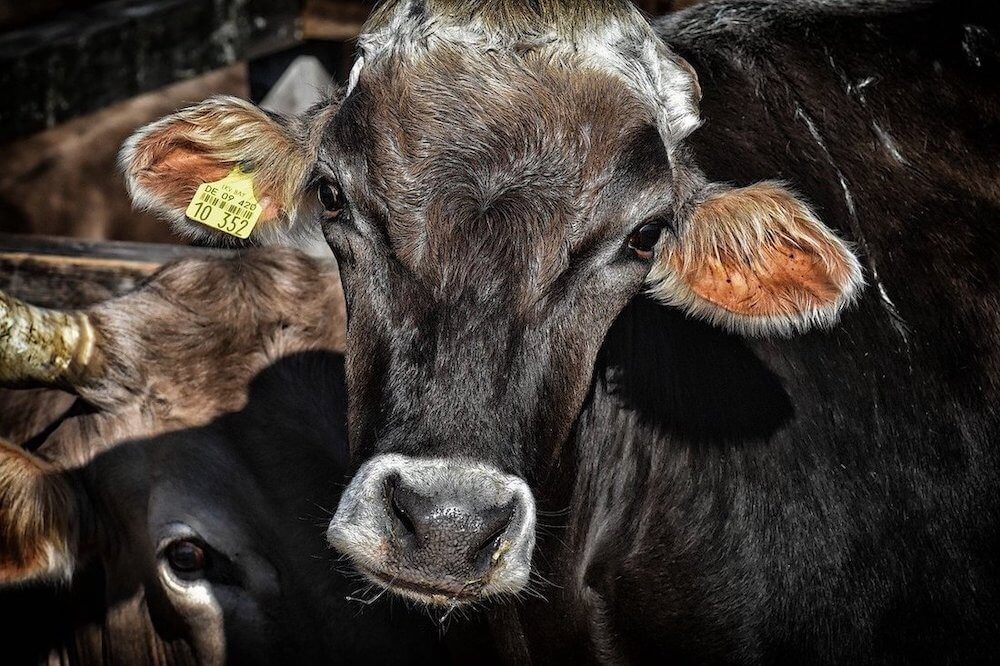
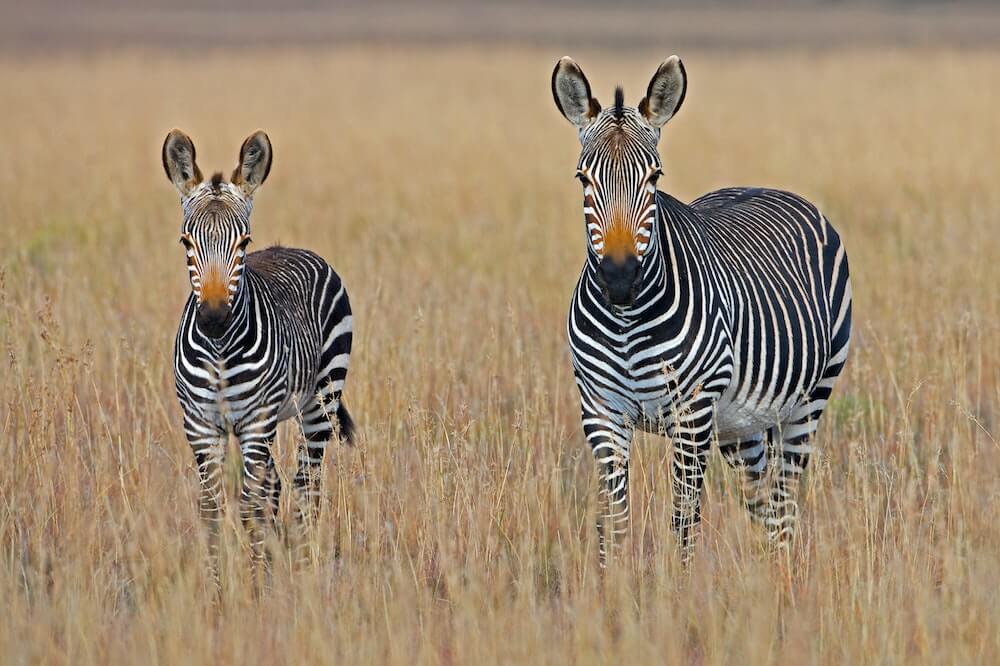

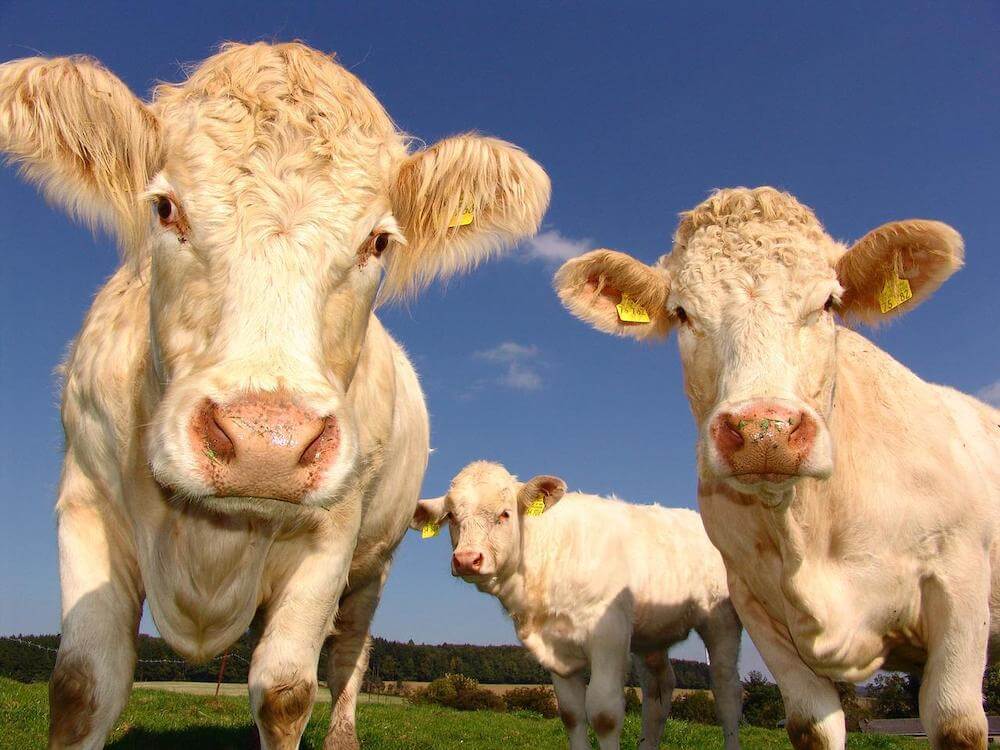

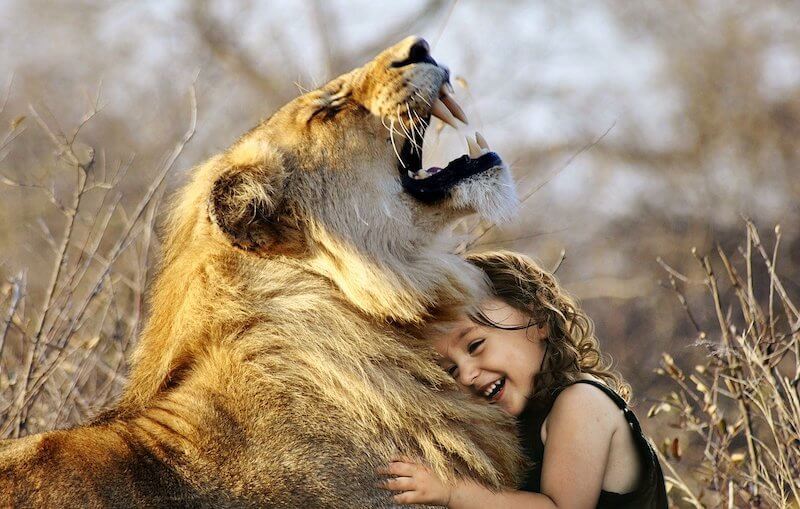
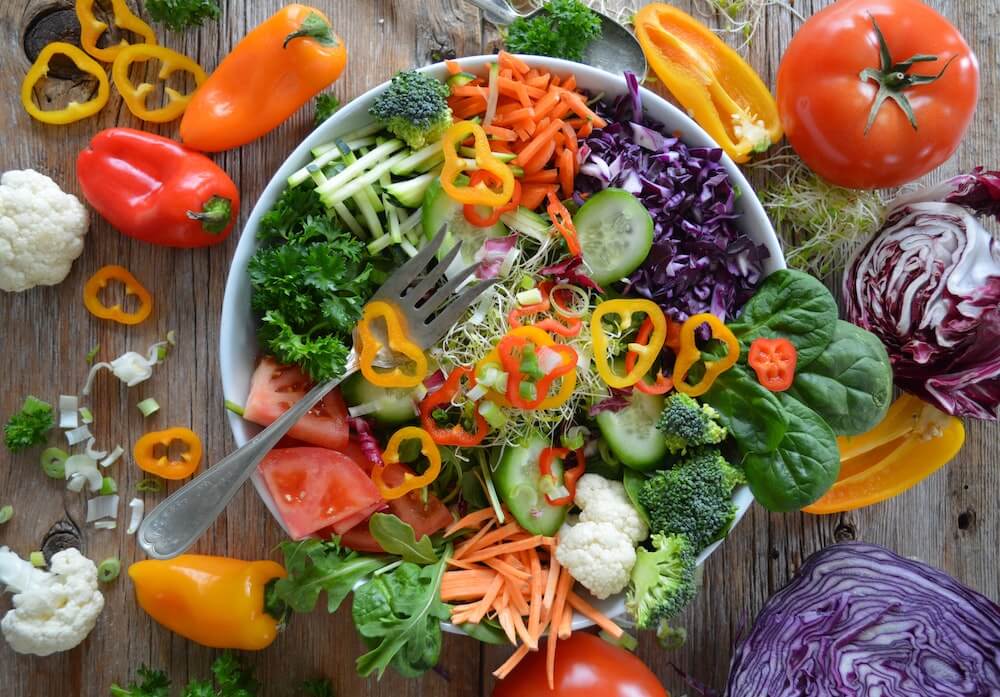
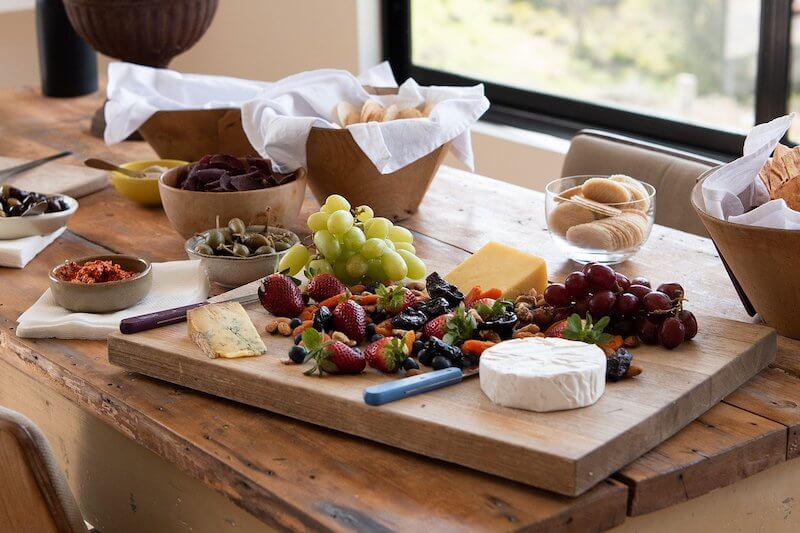
Brilliant blog!
I also really enjoyed listening to the amazing 98years old Dr Ellsworth Wareham!
Thank you!
Thank you! He’s he’s amazing isn’t he! An inspiration!